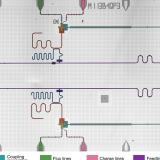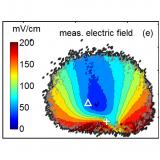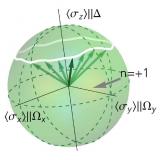The following links contain short summaries of selected papers.
The long-term success of quantum computers relies on the ability to perform fault-tolerant quantum computations using quantum error correction. In this approach, errors are detected through the repeated measurement of multi-qubit parity operators and corrected using feedback operations conditioned on the measurement outcomes.
[Read More]






